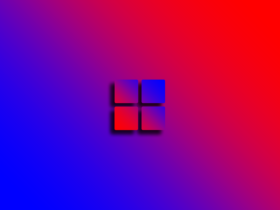Look who’s back in town! It’s none other than the search engine giant, Google, and they’ve brought along one of their newest pride and joy – the Pixel 7 smartphone. Released back in October 2022, this sleek and powerful device quickly became the talk of the tech town.
But let’s not get too comfortable with our Pixel 7s just yet, because Google is already teasing us with hints about what’s to come with the Pixel 8 series. And let me tell you, the rumors are juicy!
Word on the street is that the Pixel 8 will be even sleeker than its predecessor, with a body so slim, you’ll barely even notice it’s there. Plus, it’s rumored to have an upgraded camera that will make even the most amateur of photographers feel like a pro.
A new design
Google has confirmed that their annual developer conference, I/O 2023, will be held on May 10th where they are expected to showcase the upcoming Pixel 8 and Pixel 8 Pro smartphones. The Pixel 8 Pro has been confirmed to have a 6.7-inch display with rounded corners and a redesigned camera module, as revealed in exclusive images from OnLeaks and as Smartprix has discovered.
Everybody's talking bout the #Pixel7a I unveiled in November and #Google hasn't made official yet. And guess what?…

Here comes your very 1st and early look at the #Pixel8Pro! (360° video + stunning 5K renders + dimensions)
On behalf of @Smartprix
https://t.co/qAXnInnlaK pic.twitter.com/9W44KFTSjr
— Steve H.McFly (@OnLeaks) March 14, 2023
The Pixel 8 series is expected to be powered by the new Google Tensor G3 chipset, rumored to be based on Samsung’s unannounced Exynos 2300 processor. Google is also expected to improve its camera hardware by incorporating staggered HDR technology.
The powerful Google Tensor G3 chipset is also based on Samsung’s 3nm node technology, which promises better performance and efficiency than its predecessor.
But that’s not all – Google is also planning to step up its camera game with staggered HDR technology that can capture multiple exposures simultaneously, resulting in the same visual effect as traditional HDR without any increased capture time or blurry images caused by frame misalignment.
Stay tuned for more news on the subject!












Leave a Reply